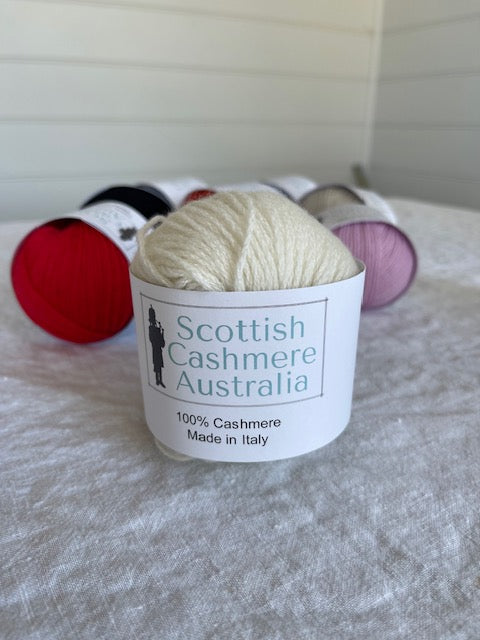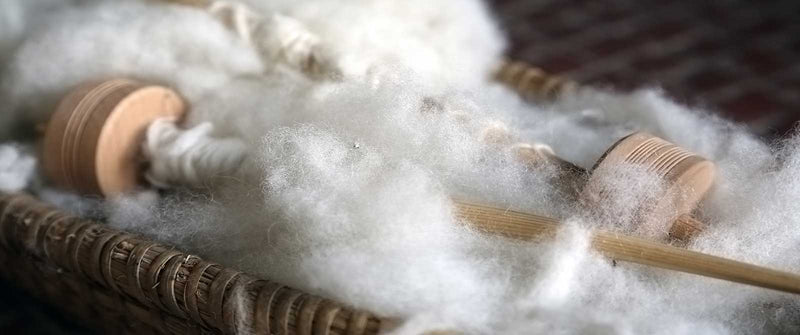How is cashmere Fibre Made and Why Is It So In Demand?
How is cashmere Fibre Made and Why Is It So In Demand?
Blog Article
Factors You Must Need Cashmere a Natural Fiber for Comfort and Sophistication in Everyday Put On
In the world of textiles, couple of fibers rival the high-end and convenience of cashmere. This special product, understood for its exceptional soft qualities and insulation, supplies unequaled comfort and beauty for daily wear. But what sets it apart from various other fibers? Exactly how does it influence the atmosphere and how does it contrast to synthetic choices? How can one best make use of cashmere to elevate their style? These appealing inquiries lay the foundation for an enlightening exploration into the globe of cashmere.
Understanding the Extravagant Nature of Cashmere

Assessing the Convenience Aspect of Cashmere Attire
What high qualities underscore the comfort element of cashmere garments? The softness of cashmere is the first top quality to take into consideration. Its plush structure makes it feel like a second skin, providing warmth without the weight or irritation linked with other wool items. Cashmere's special fiber structure permits for breathability, controling temperature level and stopping getting too hot. The product's adaptability and resilience ensure that it mold and mildews versus the body pleasantly, maintaining its form over time. Cashmere's hypoallergenic residential or commercial properties also add to its convenience, making it an excellent choice for sensitive skin. The capacity to layer cashmere pieces without bulkiness increases the comfort variable. Basically, the convenience of cashmere is originated from its soft qualities, breathability, toughness, hypoallergenic nature, and versatility.

The Environmental Impact and Sustainability of Cashmere
While the comfort and elegance of cashmere are most certainly appealing, it's just as vital to consider its connection with the environment. Cashmere production, mostly in Mongolia and China, entails raising cashmere goats, which can substantially strain delicate go grassland environments due to overgrazing. This can result in desertification, a pressing environmental problem. The handling of cashmere, involving washing and dyeing, can also add to water pollution if not effectively handled. Efforts are being made to develop sustainable cashmere manufacturing approaches, such as rotational grazing and cleaner processing techniques. While cashmere has ecological impacts, its sustainability greatly depends on production techniques.
Contrasting Cashmere to Artificial Fibers: A Cost-Benefit Analysis
In spite of its environmental obstacles, cashmere presents a distinct collection of advantages over artificial fibers. On the cost side, cashmere is without a doubt a lot more expensive due to its labor-intensive production process. The benefits make it worth the financial investment. Cashmere's natural fibers use unparalleled soft qualities and warmth, equating into comfort that artificial fibers have a hard time to match. Cashmere items are extremely sturdy, appealing More Help durability that offsets preliminary expenses over time. Unlike artificial fibers, cashmere doesn't add to microplastic pollution, making it a much more sustainable choice. In comparison, synthetic fibers, while cheaper upfront, supply less convenience, have shorter life expectancies and present ecological worries. Thus, when evaluating cost-benefit, cashmere's premium top qualities make it a worthwhile investment for everyday wear.
Styling Tips With Cashmere for Everyday Elegance
Having actually thought about the cost-benefit analysis of cashmere contrasted to synthetic fibers, it becomes clear why this elegant material is a popular option for lots of. When styling cashmere for everyday elegance, simpleness is essential. A cashmere coat, for example, can be coupled with customized trousers or a sleek skirt for a posh, put-together appearance - cashmere fibre. For a more casual ensemble, a cashmere cardigan worn over a basic t-shirt and denims shows simple and easy style. Accessories can better boost the look: a declaration locket or headscarf can include a pop of shade to a neutral cashmere piece. Eventually, the integral beauty of cashmere makes it a functional enhancement to any wardrobe, effortlessly boosting day-to-day clothing with a touch of high-end.

Conclusion
In summary, the exceptional homes of cashmere make it a valuable addition to any kind of wardrobe. Its lavish feel, convenience, breathability, and versatility to varying temperature levels are exceptional. On top of that, cashmere's sustainability and lower environmental impact compared to synthetic fibers better website link improve its allure. The ageless elegance of cashmere, integrated with its flexibility, includes elegance to day-to-day wear. As a result, purchasing cashmere garments is a rewarding decision for sustainability, convenience, and style.

Report this page